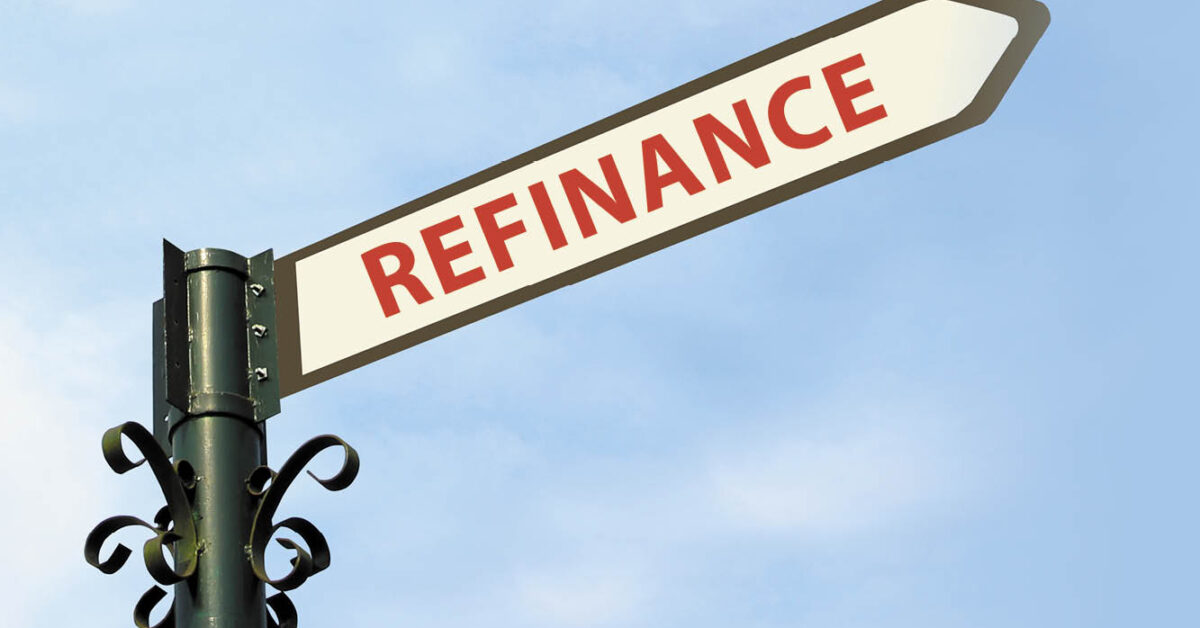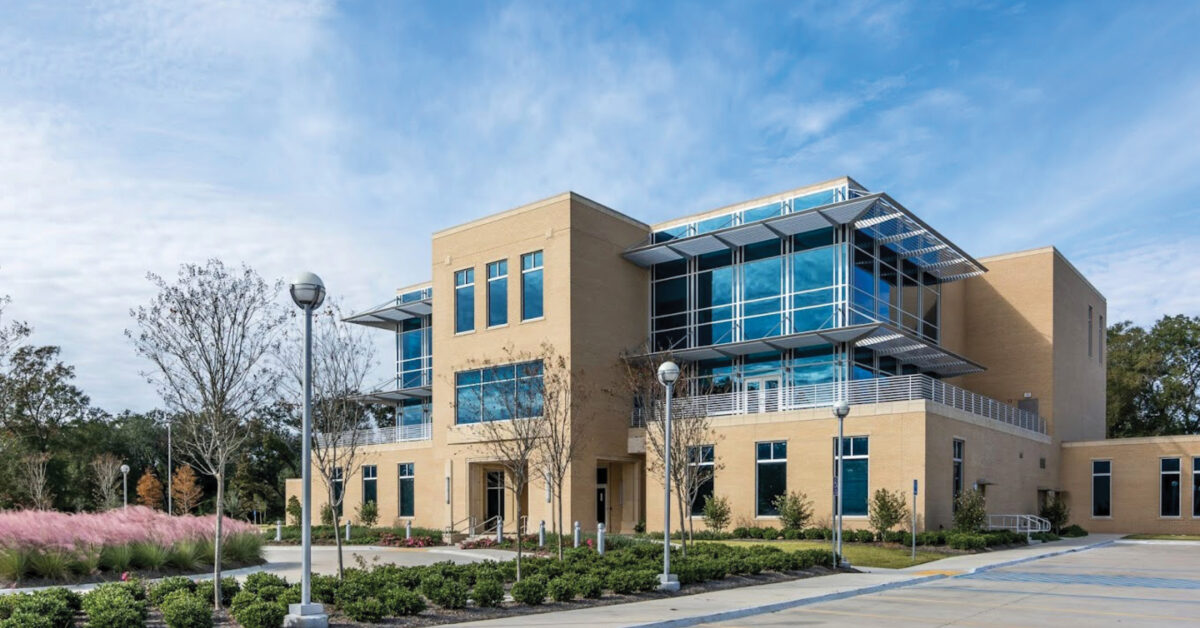
Surviving Loss on Valentine’s Day
February 2021
First Person with Rebekah Hoffpauir
February 2021by Kristy Como Armand
If you’re a homeowner, it may seem like everyone you know has refinanced or is talking about refinancing. Should you be considering it also?
Record-low mortgage rates have led to a refinancing boom unlike any other in American history over the past year, but according to data from Bankrate, a surprising number of homeowners are missing out on the opportunity to save. More than a quarter of current mortgage holders (27 percent) don’t even know their current rate, putting themselves in a poor position to determine if it’s worth it to refinance.
“With the low rates available right now, it’s definitely worth looking into refinancing to see if doing so would benefit your overall financial situation,” says Christa Comeaux, mortgage loan officer with Lakeside Bank. “It’s important to understand that when you refinance your mortgage, you are basically swapping out your old loan for a new one. The rate is important, but you also have to consider other factors when making this decision, including how much equity you have and how long you plan to stay in your home in order to determine if refinancing is right for you.”
Comeaux says people choose to refinance for different reasons, but there are some common money saving motivations for doing so, especially when rates are as low as they are right now:
- Lower monthly payments. If today’s rates are lower than the rate you currently pay on your mortgage, you may be able to refinance into a loan with a lower rate. Doing so could lower your monthly payments, meaning you may also pay less over the life of your loan. If you’ve recently passed the 20% mark for equity in your home and you’ve been paying for private mortgage insurance, you can refinance to cancel your mortgage insurance, which will also lower your monthly payments.
- Your credit score has improved. If your credit score has gotten a significant boost, you may also be able to refinance to get a lower rate. For example, a 20-point increase in your credit score could reduce your rate enough to help you save thousands of dollars in interest over the life of the loan.
- To lock in a fixed period on your adjustable-rate mortgage. Some borrowers have an adjustable-rate mortgage (ARM) which may have a lower rate in the first years of owning a home, but once the fixed period is over, the interest rate can increase. Refinancing to a fixed-rate mortgage will protect the loan from future rate increases.
- To consolidate debt. Refinancing provides an option to consolidate other debts into one single, more affordable payment. This can be especially beneficial if you have high-interest credit cards, student loans, a second mortgage or other debt. You essentially use a portion of your home equity to provide cash you’ll use to pay off these other loans and debts. Your previous mortgage is replaced with a new one, ideally at a lower interest rate, that includes the amount you took out to pay those other debts.
- To convert home equity to cash. A cash-out refinance allows you to use the equity you’ve built in your home to fund something else. This is often used for home repairs and/or improvement to increase the home’s value. Taking cash out can also be useful if you need extra money for expenses such as education or medical costs and don’t have access to other funds.
- Your income has increased. If you can afford higher monthly payments as the result of an increase in income, you could refinance into a shorter loan (such as from a 30-year fixed-rate mortgage to a 15-year fixed-rate mortgage) to pay it off faster, saving thousands of dollars in interest payments over the life of the loan.
While there can be many benefits to refinancing, Comeaux says you’ll still have to complete a loan application and pay closing costs, similar to the ones you paid when you got your original mortgage, along with any other fees the lender charges. If you’re looking to get a better rate or term by refinancing, she says to consider the break-even point: the length of time it will take for you to recoup the costs of refinancing. For example, if you expect to remain in your current home beyond the break-even point, then refinancing offers more benefits. If you don’t plan on being in the home past that point, the upfront costs of refinancing likely won’t outweigh the potential long-term savings.
“Your lender can help you weigh the benefits of different options. That’s why it’s important to choose a lender who will work with you. If you’re considering refinancing your mortgage, you can refinance with any mortgage lender you choose – it doesn’t have to be from your current lender,” says Comeaux. “Shop around for not only the best rates, but to find a lender who will take the time to look at your finances with you to help you get the most benefits from refinancing.”
For more information about refinancing options, contact Comeaux at Lakeside Bank, (337) 502-4836 or
visit www.mylksb.bank.






